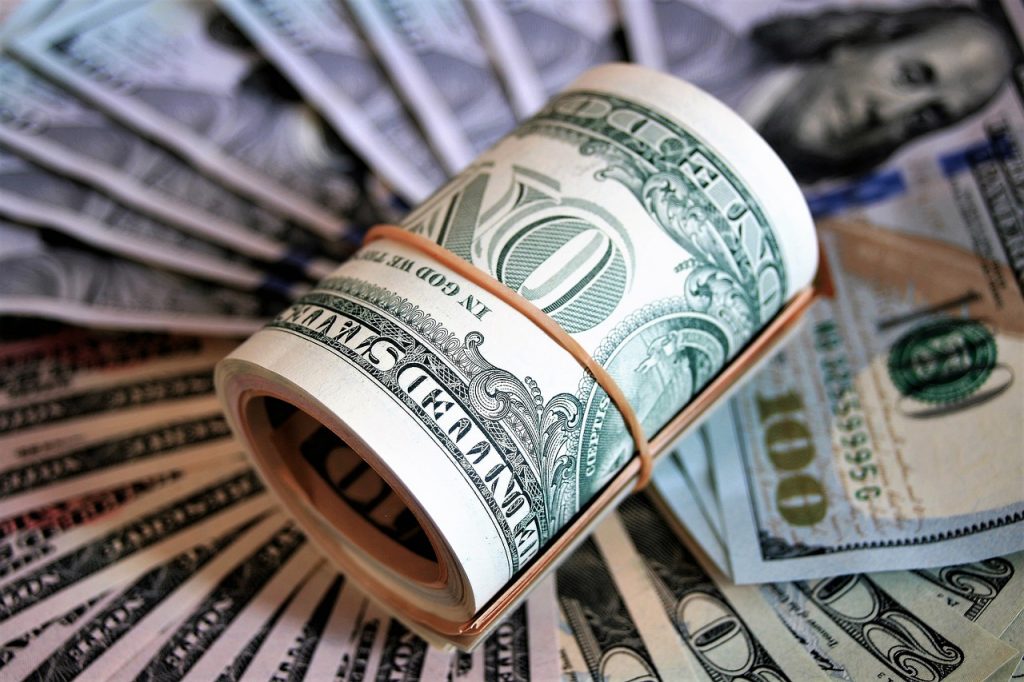What A Strong US Dollar Means For You
A strong US dollar means lower fuel and energy costs for the average American, but it could also hinder multinational corporations' profits.
This article is more than 2 years old
When the housing and economic collapse occurred in the 2000s, the US dollar couldn’t hold up against its monetary counterparts. For most of the 2010s, American money failed in comparison to the euro, which was consistently worth more. Since the beginning of 2022, according to CNN, the Federal Reserve has been imposing interest rate hikes that have been increasing the value of the American currency.
Though the interest rate bumps aren’t stagnating inflation rates completely, there’s been a tangential benefit from the increases. The US dollar has soared thanks to these interest hikes, trading at its highest since 2002. American money is doing quite well compared to other currencies on the US Dollar Index.
The index compares American money to the UK’s pound, Swiss francs, Japanese yen, Canadian dollars, and the euro. Unlike the other currencies, the US dollar has increased drastically in value, rising 13% this year. Though having a strong US dollar is good for citizens traveling abroad, it’s not beneficial for giant, multinational corporations.
American dollars at an apex value mean these companies’ sales from their global operations will diminish. This currency change also transforms the way companies invest. More international corporations might want to invest in US enterprises in order to get higher returns.
Lisa Shalett, chief investment officer and head of the global investment office of Morgan Stanley Wealth Management, stated the difficulties in a US dollar-value increase. She calls the phenomenon “currency volatility,” where the high value of a currency could diminish cumulative revenue for a multinational company. Corporations like Microsoft and Nike have already documented earning decreases due to the US Dollar’s new worth.
In a world where corporations rely on transnational income, the US dollar’s sudden, skyrocketing value could be detrimental. The interest rate hikes from the Federal Reserve could help average Americans. However, it can hinder corporate earnings and business overseas.

In the case of crude oil, barrels are traded in US dollars. This means American buyers are getting a better deal. This would help US residents with lower energy costs but might intervene with global earnings for international companies.
Ipek Ozkardeskaya, the senior analyst with Swissquote Bank, elaborated on the consequences of having a strong US dollar. Having a heightened value for American money could negatively affect US exports. American goods may become too expensive for people worldwide, forcing many to search for other, more affordable options.
This could diminish the US’s GDP and the general economy, which would not be timely with a recession looming. Also, the US dollar increase also offsets the pricing of valuable goods like gold. Gold’s worth decreased by 6% this year, partly due to American money’s resurgence.
The US dollar value also hinders cryptocurrencies like Bitcoin, a type of virtual money that was operating successfully at the pandemic’s start. In an era where the dollar is strong and valuable, investors don’t have a need to invest in other precious goods.
The US dollar’s recent uptick in value has both negative and positive outcomes. For average Americans, the dollar’s weight won’t impact their daily lives drastically.




